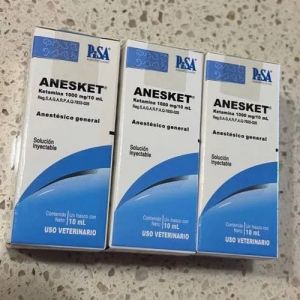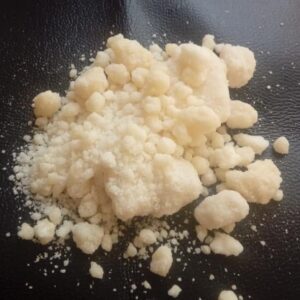Anesket – A Clinical Overview of Esketamine for Anesthesia and Mental Health
As modern medicine evolves, newer formulations of traditional compounds are gaining clinical relevance. One such product is Anesket, a branded formulation of esketamine, which is the S-enantiomer of racemic ketamine. Known for its rapid-acting anesthetic and antidepressant effects, Anesket has attracted the attention of anesthesiologists, psychiatrists, and pharmacologists around the world.
If you’re searching for reliable information on Anesket, including its medical uses, pharmacology, and safety profile, this article provides a clear, compliant, and research-backed overview.
What Is Anesket?
Anesket is a pharmaceutical-grade formulation of esketamine hydrochloride, a potent NMDA receptor antagonist primarily used for:
-
General anesthesia
-
Induction and maintenance of sedation
-
Adjunct therapy in treatment-resistant depression (in certain countries and under strict supervision)
Esketamine is the S(+) isomer of ketamine and is roughly twice as potent in anesthetic activity, with fewer psychotropic side effects than its R(-) counterpart.
Medical Uses
Anesket is approved or used in certain clinical environments for the following:
✅ 1. Anesthesia and Sedation
Anesket is commonly used:
-
In combination with other sedatives
-
For short-term procedures or emergency surgeries
-
In both human and veterinary medicine
✅ 2. Treatment-Resistant Depression (TRD)
In some protocols, esketamine (marketed in the U.S. as Spravato®) is used for:
-
Major depressive disorder with suicidal ideation
-
Patients unresponsive to traditional antidepressants
⚠️ Note: Anesket is not the same as Spravato®. Both contain esketamine, but formulations, dosages, and approved uses may vary by region and regulatory body.
How Anesket Works
Anesket acts primarily as an NMDA receptor antagonist, disrupting glutamate signaling in the brain. This action:
-
Produces dissociation and anesthesia
-
Triggers neuroplasticity, potentially improving mood in TRD
-
Reduces the sensation of pain via central desensitization
Advantages of Anesket Over Racemic Ketamine
| Feature | Anesket (Esketamine) | Racemic Ketamine |
|---|---|---|
| Potency | ~2x stronger | Standard strength |
| Side effects | Reduced hallucinations | More psychotropic effects |
| Onset of action | Fast | Fast |
| Clinical precision | Easier dose control | Mixed enantiomers |
Dosage and Administration
Anesket is typically administered:
-
Intravenously (IV) or intramuscularly (IM)
-
Under close medical supervision in hospital or surgical settings
Dosage varies depending on:
-
The patient’s weight
-
Procedure duration
-
Use in psychiatry vs anesthesia
Safety and Side Effects
Like all anesthetic agents, Anesket must be used with caution. Potential side effects include:
-
Elevated blood pressure
-
Nausea or vomiting
-
Dissociation or hallucinations
-
Respiratory depression (at higher doses)
Patients must be monitored closely during and after administration.
Legal and Regulatory Status
The legal classification of Anesket depends on the country:
-
U.S.: Esketamine is a Schedule III controlled substance (when in formulations like Spravato®)
-
UK & EU: Available under special prescription and regulations
-
Asia: Usage varies; often approved for anesthesia only
Always follow local laws regarding controlled substance handling and prescribing.




Reviews
There are no reviews yet.